May 13, 2017
loopback-connector-db2ibmiis still pre-pre-alpha. Use with caution.
Installing LoopBack
This uses
loopback-cli
in order to create a LoopBack Project. That is the lb command seen below. A
list of loopback-cli commands can be found
here.
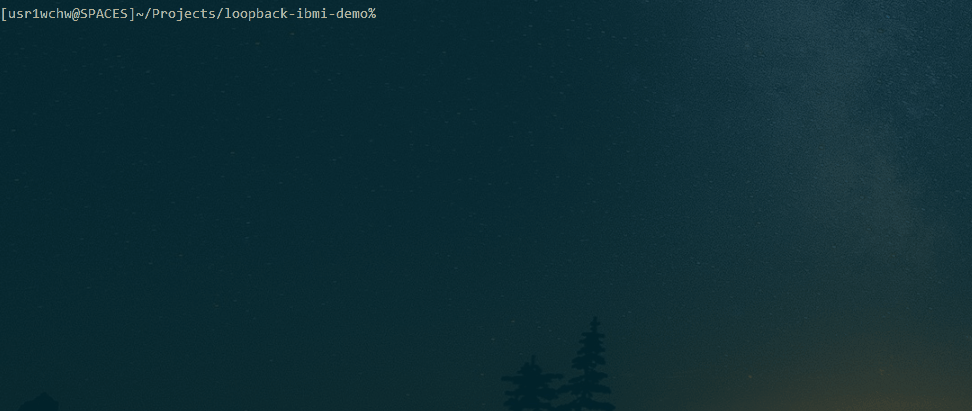
The commands above in order are simply:
$ lb # Follow configuration instructions. Above I choose default for each.
$ npm install loopback-connector-db2ibmi --save
This will give us everything we need to begin making an API. To start with, let’s define our data source.
Defining a Data Source
At the moment, a data source will need to be created for each library. So, in
this case, think of a data source as a library, or schema, in the database.
Let’s first create the data source via lb datasource, and then we’ll edit
the contents of datasource.js once it the source has been generated.
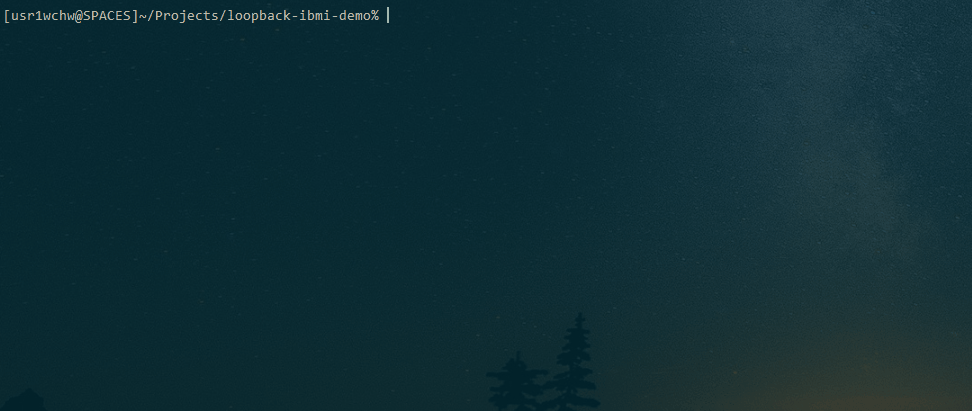
All that needs to happen for now is to add a schema to the data source:
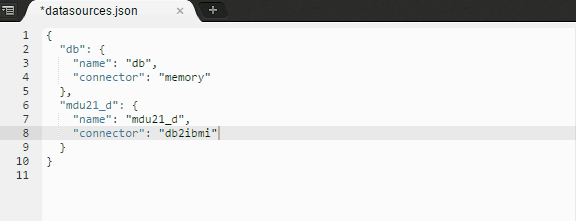
Now that we have a data source, we can create models to our heart’s content, and they’ll have CRUD + Querying out of the box.
Defining Models
Below is me defining a model via lb model and filling out the configuration to
match ECOMMERCE_USERS, which I made in my
Apigility Entity Mapper Tips
article. Tables, columns, etc. are all case sensitive. This is why you see me
yelling all my properties and such.
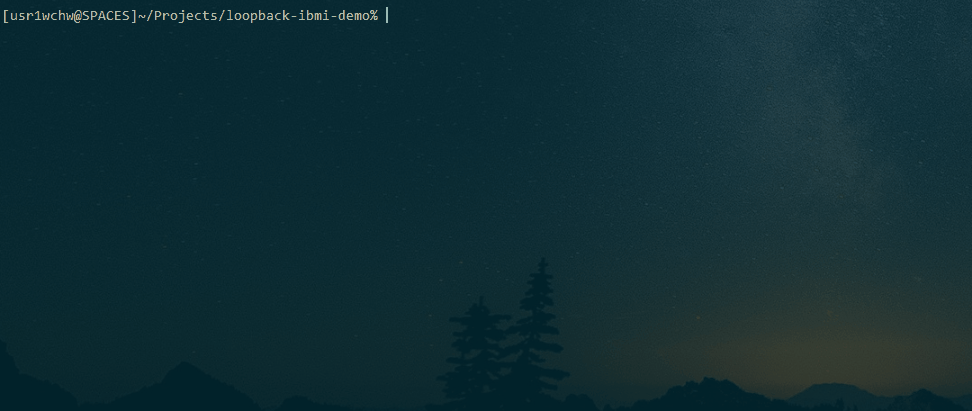
Don’t forget to define which column is the identity column. This is defined
within project-dir/common/models/ecommerce_users.json.
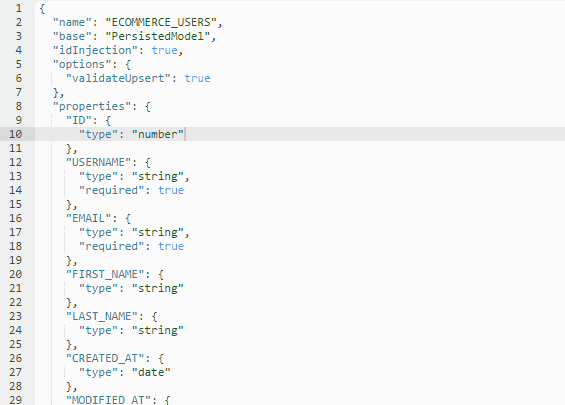
That’s it! Now we have a nifty API out of the box to manipulate our data we just
defined with a model. Just start the server with node ., and go to the address
in your browser to explore your API. Make sure to define the correct port in
the project-dir/server/config.json. For example, the port I had to use for my
Litmis Space was 63433.
Below is me exploring the API at http://spaces.litmis.com:63433/explorer. I
didn’t do anything other than what I did above for these requests to work.
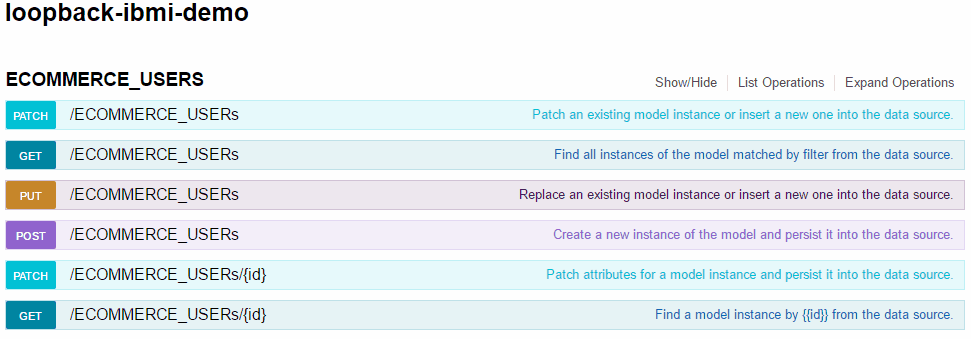
loopback-connector-db2ibmi Github
Contributions are more than welcome over at the loopback-connector-db2ibmi Github as it is very much in the beginning stages.
